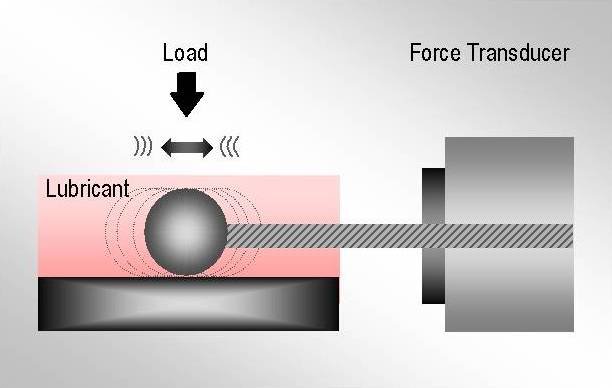I'm not completely sold on lubricity additives as there seems to be a split on the real need for them....
The issue of lubricity becomes important if one has an old-generation, jerk-injection diesel like the Ford Lehman 120. The fuel injection pump plungers are lubricated in their bores by the fuel they are pumping to the injectors. (The lube oil in the lower part of the pump is there only to lube the drive mechanism of the pump.)
If the lubricity in the fuel is reduced, the plunger and bore wall surfaces are worn down faster, hastening the day the pump will need to be overhauled.
So based on the advice of our diesel shop and people we know in the marine diesel manufacturing industry, we use a lubricity additive in our fuel because they have all said that today's diesel, while it still has a degree of lubricity in it, does not have what it used to have and increasing the lubricity of the fuel is good for the injection pump and the injectors as well, which on our engine at least, also have moving parts inside them that are lubed by the fuel.
It is a constant topic of debate on boating forums with some stating what I have described and others claiming today's diesel has sufficient lubricity for the older engines. We've chosen to follow the advice we were given by people who work in the field of marine diesel manufacturing and repair and so use the lubricity additive in our fuel. I cannot state categorically that it has made a difference or extended the life of our injection system. But it certainly hasn't hurt it as our injection pumps don't leak down any more than they did when we bought the boat fourteen years/2000+ hours ago.
Whether fuel lubricity is as much a concern with newer engines or today's engines I have no idea. Presumably today's engines are designed to accommodate whatever the fuel characteristics are today. But, like my 1973 Land Rover that must have lead in the gasoline it burns or valve seat wear goes up dramatically, the FL120 was designed at a time when the lubricity in diesel fuel was quite high.
So we follow the advice to provide the engine with the lubricity its injection system requires. We believe what we've been told and that it helps. But if it doesn't, it certainly doesn't hurt.





 We recommend for long term storage tanks should be empty and cleaned before use, Good topic fellas
We recommend for long term storage tanks should be empty and cleaned before use, Good topic fellas 